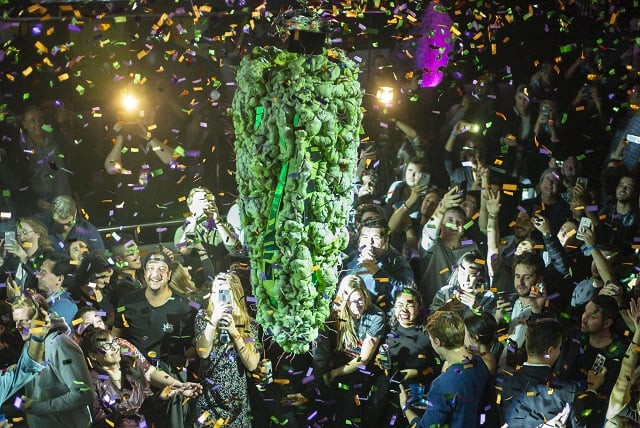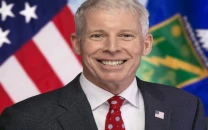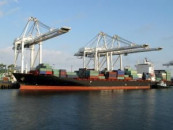Canada legalises recreational marijuana
Pot stocks soar on the Toronto and New York stock exchanges

Torontonians gather at a local concert venue to watch the bud drop at the stroke of midnight, in celebration of the legalisation of recreational cannabis use on October 17, 2017 in Toronto, Canada. PHOTO:AFP
The change was praised by pot enthusiasts and investors in a budding industry that has seen pot stocks soar on the Toronto and New York stock exchanges, but sharply questioned by some health professionals and opposition politicians.
South Africa's top court legalises personal, private cannabis use
"We're not legalizing cannabis because we think it's good for our health. We're doing it because we know it's not good for our children," Prime Minister Justin Trudeau said on the eve of the reform.
"We know we need to do a better job to protect our children and to eliminate or massively reduce the profits that go to organized crime."
The Cannabis Act, which fulfills a promise Trudeau made in the 2015 election campaign, makes Canada only the second nation after Uruguay to legalize the drug.
Its implementation will be scrutinized and dissected by Canadians ahead of the next election in 2019, as well as other nations that the prime minister has said may follow suit if the measure proves a success.
He has also said that his late brother Michel was facing marijuana possession charges for a "tiny amount" of pot before his death in an avalanche in 1998, and that this influenced his decision to propose legalizing cannabis.
But Trudeau's office told AFP he "does not plan on purchasing or consuming cannabis once it is legalized."
In total, Statistics Canada says 5.4 million Canadians will buy cannabis from legal dispensaries in 2018 -- about 15 percent of the population. Around 4.9 million already smoke.
Under the new regulations, Canadians at least 18 or 19 years old (soon to be 21 in Quebec) will be allowed to buy up to 30 grams of cannabis, and grow up to four plants at home.
Canada prepares to legalise cannabis
To meet demand, hundreds of growers have been licensed, some taking over horticulture and floriculture greenhouses. This new industry has attracted billions in funding, as well as interest from alcohol and soft drink makers such as Constellation Brands and Coca-Cola, respectively, which have expressed an interest in developing cannabis infused drinks.
Cannabis sales are forecast to boost economic growth by up to Can$1.1 billion and provide a Can$400 million tax revenue windfall for the government, according to Statistics Canada.
Public health officials contend that smoking cannabis is as harmful as tobacco, but welcome what they call the opportunity that legalization affords for open dialogue.
Some doctors, however, remain wary. Diane Kelsall, editor in chief of the Canadian Medical Association Journal, called legalization "a national, uncontrolled experiment in which the profits of cannabis producers and tax revenues are squarely pitched against the health of Canadians."
Police, meanwhile, are scrambling to prepare for a predicted uptick in drug-impaired driving.
According to a recent Abacus Data poll published on Monday, 70 percent of Canadians accept or support legalization.



















COMMENTS
Comments are moderated and generally will be posted if they are on-topic and not abusive.
For more information, please see our Comments FAQ